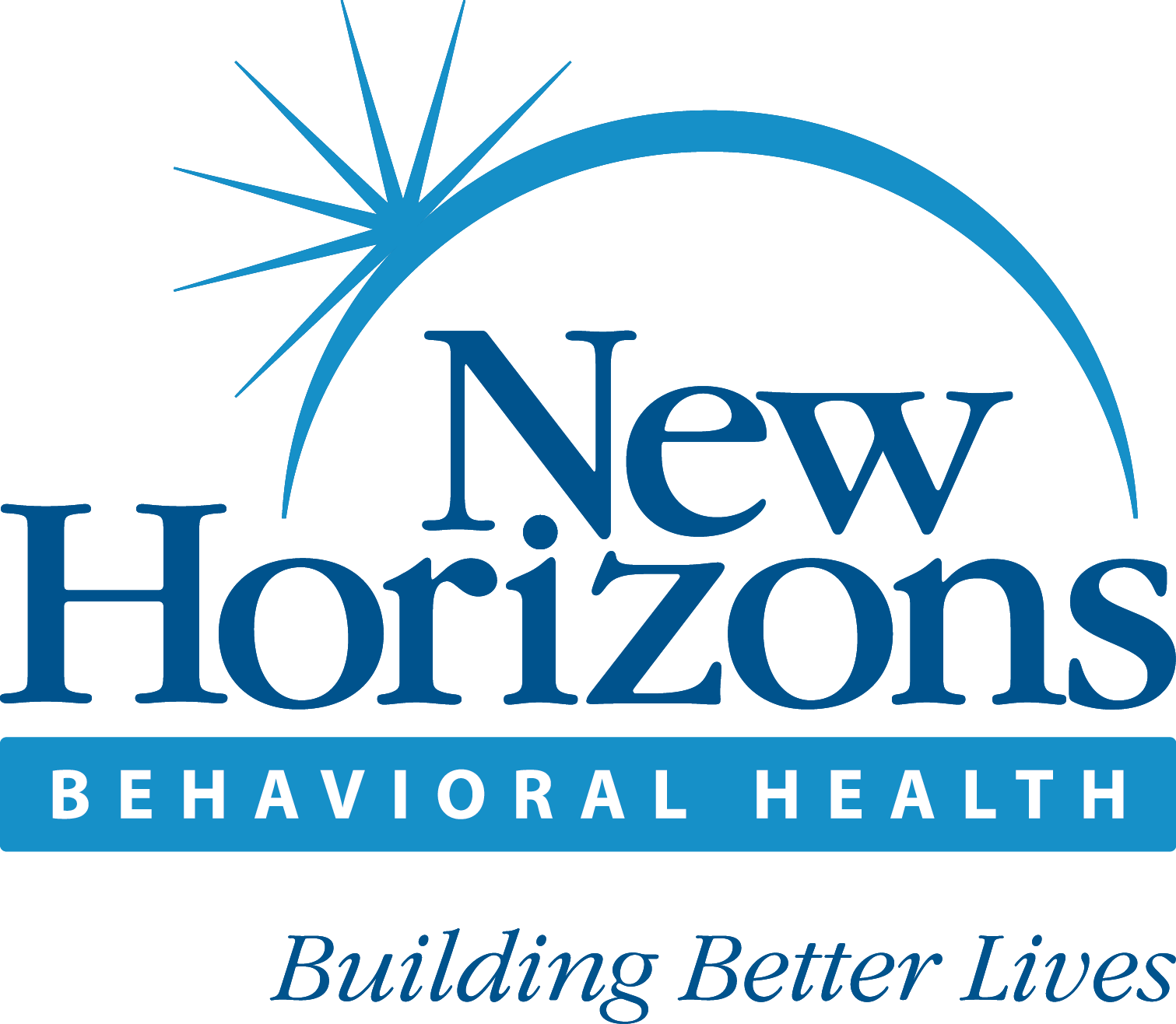5 Principles of Trauma Informed Care
Posted on Aug 18, 2022 at 0:00 AM
Trauma-Informed Care understands and considers the pervasive nature of trauma and promotes environments of healing and recovery rather than practices and services that may inadvertently re-traumatize.
The Five Principles of Trauma-Informed Care
Trauma-Informed Care follows five Guiding Principles that serve as a framework for how service providers and systems of care can work to reduce the likelihood of re-traumatization.[3] These principles are generalizable across a variety of service settings. Rather than providing a set of practices and procedures, the principles can be interpreted and applied in ways that are appropriate for a specific type of service setting.
The Five Guiding Principles are; safety, choice, collaboration, trustworthiness and empowerment. Ensuring that the physical and emotional safety of an individual is addressed is the first important step to providing Trauma-Informed Care. Next, the individual needs to know that the provider is trustworthy. Trustworthiness can be evident in the establishment and consistency of boundaries and the clarity of what is expected in regards to tasks. Additionally, the more choice an individual has and the more control they have over their service experience through a collaborative effort with service providers, the more likely the individual will participate in services and the more effective the services may be. Finally, focusing on an individual's strengths and empowering them to build on those strengths while developing stronger coping skills provides a healthy foundation for individuals to fall back on if and when they stop receiving services.
New Horizons Behavioral Health takes a Trauma-Informed Approach to all services provided. Staff are trained in TIC - Trauma Informed Care - and strive to provide an environment that avoids re-traumatization.
- Categories:
- General

